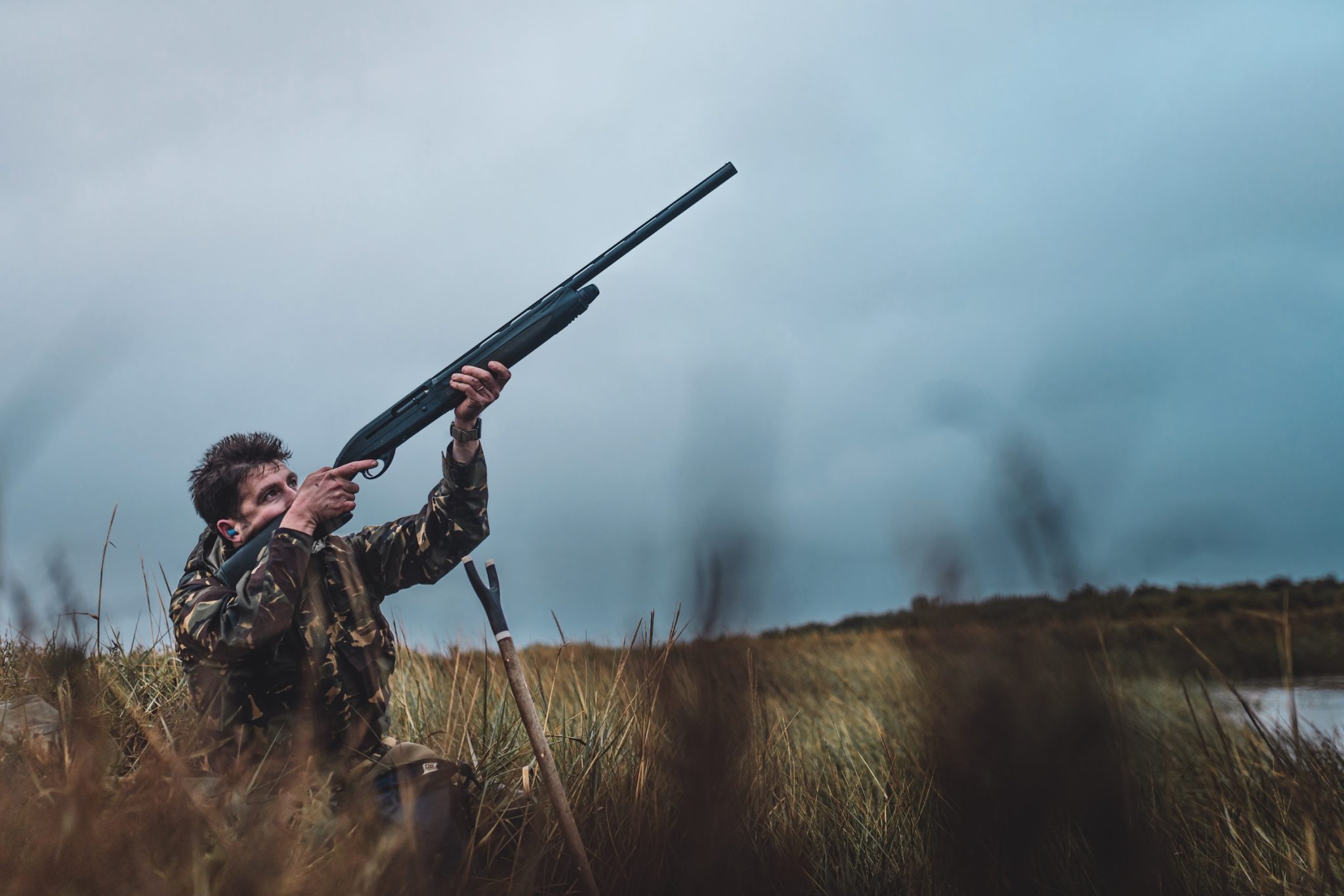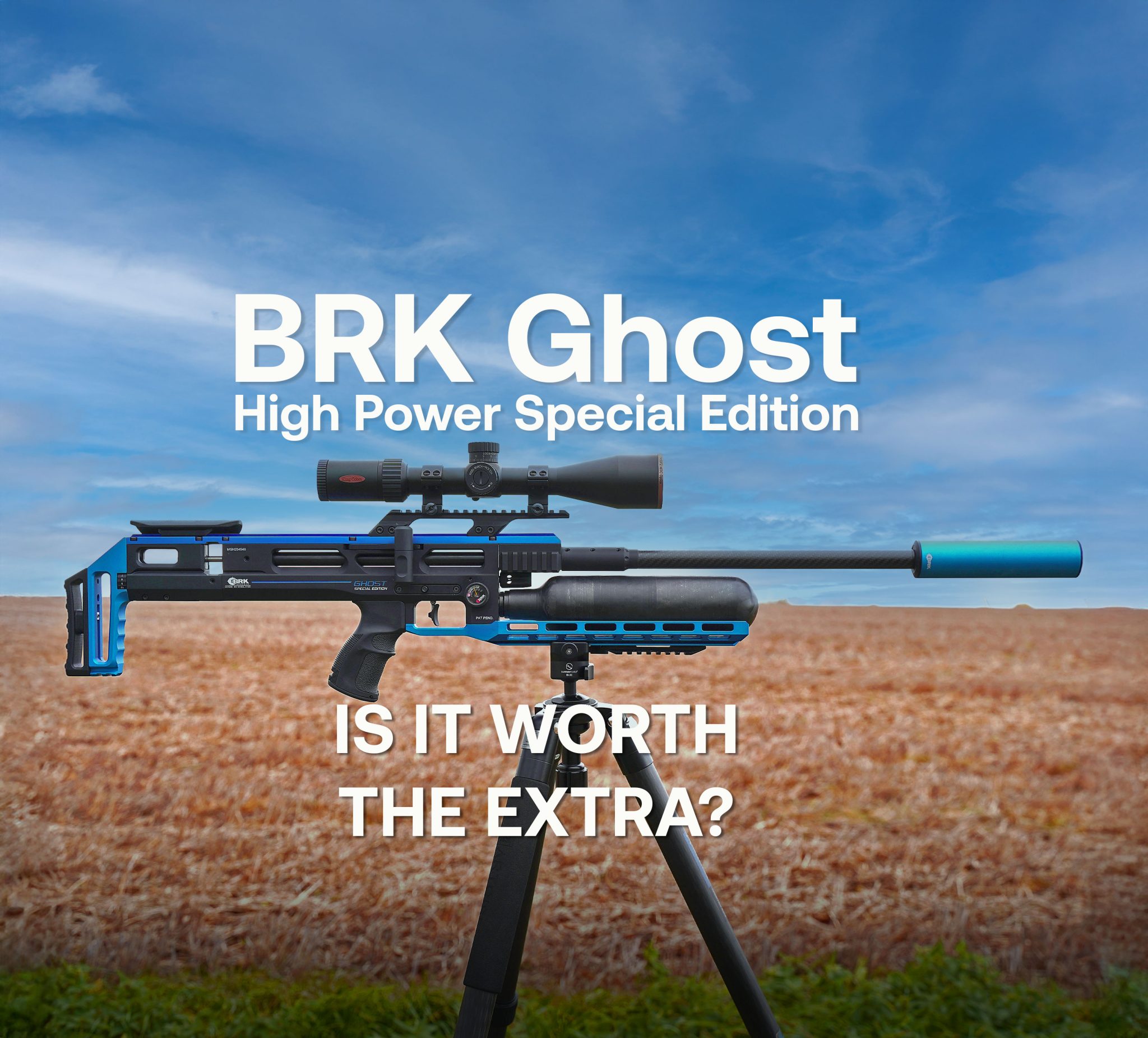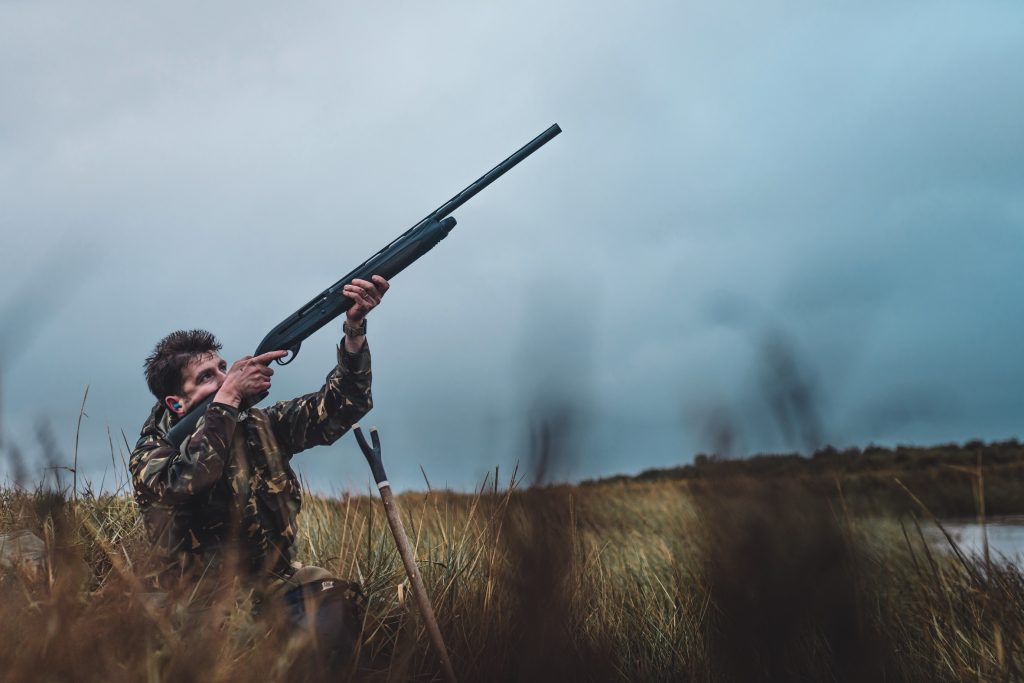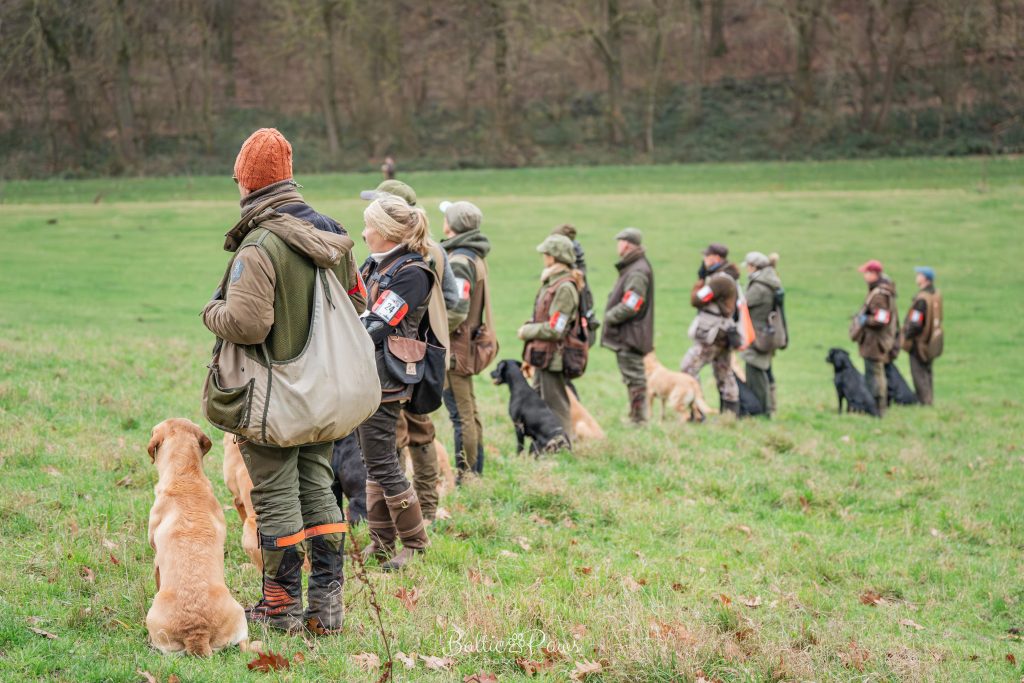The countdown is on for The British Shooting Show – book tickets online today and save on gate price!
Firearms licensing lapses are “inexcusable”, says HMIC
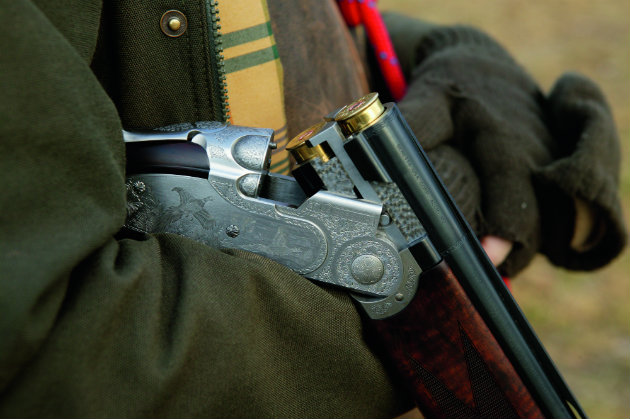
Many police forces are not implementing firearms licensing systems consistently, putting the public at risk, according to a report published last week by Her Majesty’s Inspector of Constabulary (HMIC).
HMIC, the independent body that assesses police forces and policing, undertook a review of firearms legislation in England and Wales, with its findings revealed in the paper Targeting the risk.
The report concludes that the application of firearms licensing is “inconsistent and inadequate”, with different police forces providing varying levels of service — from the length of time taken to grant a certificate to how often they visit applicants – a postcode lottery.
HM Inspector of Constabulary Stephen Otter, who led the review, said: “Too often, forces are not following the Home Office guidance that is in place, sometimes inexcusably compromising public safety.
“Central to the improvement of the licensing process is the establishment of a set of clear rules, carrying the weight of the law, that chief constables should be obliged to follow.
“This must include applicants providing a report from their GP of their medical suitability — including their mental health – to hold a firearms licence.”
A poor performance
The inspection examined all 43 police forces in England and Wales and looked at firearms licensing practices at 11 forces in detail.
It found that, of those 11, seven (Dorset Police, Lincolnshire Police, Warwickshire Police, West Mercia Police, Essex Police, Dyfed Powys Police and Surrey Police) did not deal correctly with expired licences, due to backlog, leaving some holders in possession of their firearms without a certificate.
Four of the 100 forces reviewed in detail did not have the resources to handle licensing demands
The review also concluded that only four of those forces had effective monitoring and audit arrangements in place.
Furthermore, some certificate holders reported their referees had never been contacted and seven forces had not reviewed current holders’ suitability.
Inconsistency
The report said that, while the “vast majority” of decisions taken by police concerning firearms licensing were correct, “no one should be satisfied with ‘the vast majority’ and every decision taken must be “the right one”.
It continued: “On too many occasions, the police are not following the Home Office guidance or the Authorised Professional Practice that are in place” and that “in many forces, basic scrutiny of the efficiency and effectiveness of their licensing arrangements is not in place”. It described inconsistency in applying legislation as “a theme” and said that, while there were examples of good practice, these were “the exception”.
The report further suggests that the current Home Office guidance and Authorised Professional Practice do not fulfil their intended purpose as they allow for interpretation and discretion, while the systems in place to assess medical suitability of licensing applicants “compromise the effectiveness of the police in fulfilling their licensing responsibilities”.
From five to 165 days is the differing time taken by forces to grant firearms and shotgun certificates
The report also says that digitisation would make the system more efficient and effective.
It ultimately concludes: “The choice is stark. Accordingly, our advice is direct: continue to support existing processes which are often flawed, and accept the inevitable consequences of further tragedy, or design better processes, properly supported in law, that allow for uncompromising rigour and consistent application.”
Tim Bonner, chief executive of the Countryside Alliance, said: “Any incident that involves a gun is one too many; however, we already have some of the most stringent firearms regulations in the world.
“Many of the issues highlighted in this report are the result of inconsistency in the application of the guidance and regulations rather than the regulations themselves. It is vital that the police address these shortcomings.”
250 licences were revoked as a result of fresh certificate reviews undertaken by 21 forces, instigated by the report
Gary Ashton, director of firearms operations at BASC, added: “BASC recently published a white paper recommending that the duration of certificates should be extended from five to 10 years. At a stroke this would relieve the pressure on police forces, allow them to focus staff on essential real-time monitoring and deliver a proper service to licence holders. Unfortunately this solution was not understood by the HMIC review.”
A spokesman for the National Gamekeepers’ Organisation commented: “The almost total failure to implement the last two HMIC reports on firearms licensing (published in 1993 and 2002) is in many ways responsible for the current debacle.
“We are less enthusiastic about some of the other HMIC recommendations, such as the call for mandatory medical reports before each grant and renewal. Have GPs got the time to do them, who will pay and what happens if someone’s GP is opposed to shooting and declines to provide a report?”
The report makes a series of recommendations to both chief constables and the Home Office, including arrangements for effective firearms licensing monitoring and auditing within six months, and new guidance to make police home visits for all new grant applications mandatory.
The HMIC report comes as countryside organisations are currently taking part in the Law Commission’s consultation to make firearms legislation less complicated and more logical.
The full report can be found on the HMIC website.
Related Articles
Get the latest news delivered direct to your door
Subscribe to Shooting Times & Country
Discover the ultimate companion for field sports enthusiasts with Shooting Times & Country Magazine, the UK’s leading weekly publication that has been at the forefront of shooting culture since 1882. Subscribers gain access to expert tips, comprehensive gear reviews, seasonal advice and a vibrant community of like-minded shooters.
Save on shop price when you subscribe with weekly issues featuring in-depth articles on gundog training, exclusive member offers and access to the digital back issue library. A Shooting Times & Country subscription is more than a magazine, don’t just read about the countryside; immerse yourself in its most authoritative and engaging publication.



